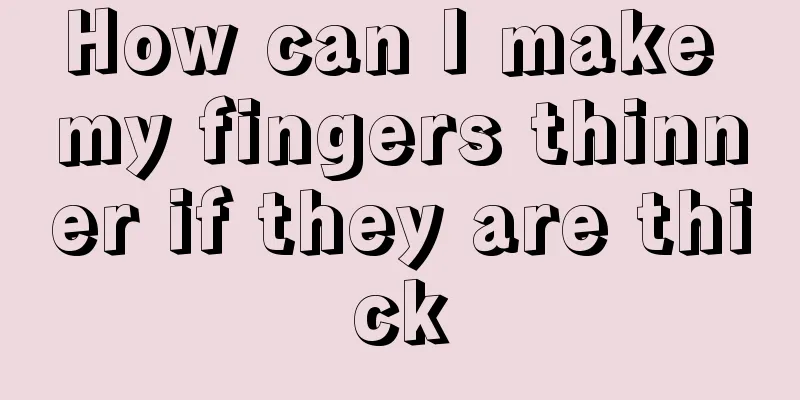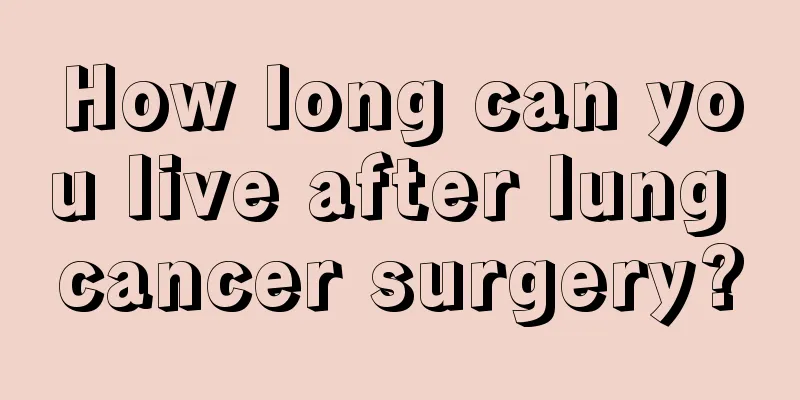Headache after taking blood pressure medicine

|
There are many types of antihypertensive drugs on the market now, and people can make targeted choices based on their high blood pressure. It should also be noted that antihypertensive drugs produced by regular pharmaceutical companies should be more effective. However, some antihypertensive drugs may cause side effects after taking them, which should be noted. So why does a headache occur after taking antihypertensive drugs? Why do I get a headache after taking blood pressure medication? 1. Wrong medicine Common antihypertensive drugs such as dihydropyridines lower blood pressure by blocking the flow of calcium ions into the myocardium or smooth muscle and dilating blood vessels. If the drug causes excessive stretching of the pain receptors on the walls of cerebral blood vessels, it will produce chemical stimulation to the meninges and induce headaches, which is medically known as vasodilatory headaches. If it is determined that the condition is caused by drugs, you can first change the dosage form as prescribed by your doctor, such as using sustained-release tablets or control tablets. If the condition is still not relieved, you can change the type of drug as prescribed by your doctor. 2. Drop too fast Patients with long-term hypertension usually no longer feel the effects after adapting. If blood pressure drops rapidly and the brain cannot adapt in the short term, symptoms similar to cerebral ischemia will appear, that is, patients will often experience dizziness, headaches, etc. For such patients, blood pressure can be gradually controlled by adjusting the dosage of medication. For example, if the original one week to normal state is achieved, the time limit can be extended to two weeks. Other side effects of antihypertensive drugs 1. Thiazide diuretics can cause hyperuricemia, induce gout, and reduce renal function. Therefore, patients with gout and renal insufficiency should use thiazide diuretics with caution. 2. Diuretics can cause the renal tubules to excrete potassium while excreting sodium, increasing the excretion of sodium and potassium and leading to hyponatremia or hypokalemia. Symptoms of discomfort often include general weakness, low muscle tension, abdominal distension, loss of appetite, indigestion, palpitations and other symptoms. 3. Calcium ion blockers can dilate blood vessels, causing headaches and facial flushing; they can affect the calcium ion flow in intestinal smooth muscle, causing constipation; they can reduce myocardial contractility, so patients with heart failure should be cautious; in addition, they can also cause tachycardia by reflexively activating the sympathetic nervous system due to vasodilation; in addition, they can also cause edema of the lower limbs, especially the ankles, as well as rash and allergic reactions. However, adverse reactions are a summary of various adverse reactions found in drug safety trials and long-term clinical observations. It does not mean that a person will experience all adverse reactions, nor does it mean that the above-mentioned adverse reactions will definitely occur after taking the drug. Moreover, the side effects of antihypertensive drugs are minimal to the human body compared to their effect in helping to lower blood pressure. In other words, taking antihypertensive drugs can maintain your health with very low adverse reactions. If you experience adverse reactions when taking medicine, communicate with your doctor in time and change the medicine in time. |
<<: I have a headache after taking antihypertensive medicine
>>: Can I take antihypertensive medicine twice a day?
Recommend
What fruits are good for people with cold body? You can eat more of these two kinds of fruits
It is very helpful for women with cold body to ea...
What is the effect of salt water sitz bath
Many people like to take a bath before going to b...
Four common early symptoms of colon cancer
Among the malignant tumors of the digestive tract...
Learn to eat scientifically to prevent stomach cancer
The occurrence of gastric cancer is closely relat...
Is rectal cancer contagious when it turns into ovarian cancer?
Is colorectal cancer contagious? This is the most...
What are the dietary precautions for prostate cancer? Which foods have anti-prostate cancer effects?
The pressure of modern men's life is graduall...
How long is it appropriate to soak gluten
Gluten is a kind of noodle product, which is very...
Is it better to use expanded polytetrafluoroethylene or silicone for the chin?
Everyone loves beauty. We all know that the shape...
Is surgery still recommended for lung cancer at the age of 70?
For a 70-year-old lung cancer patient, whether su...
Will eating egg shells cause kidney stones?
Eggs are an essential food in daily life, but few...
Symptoms of breast cancer at different stages
Breast cancer has become a major public health is...
Can people with high blood pressure take a high-speed train? Please note
Hypertension has attracted more and more attentio...
How to preserve fresh whitebait
Whitebait is a kind of freshwater and saltwater f...
How to treat anal sinusitis
Anal sinusitis, also known as anal cryptitis, is ...
Does it hurt to plant hair?
Some people become bald as their hair becomes thi...









